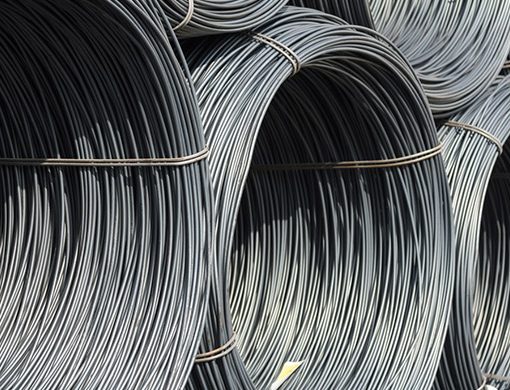Commonly used as a bearing material, Grade 2 Babbitt has valuable anti-friction properties, making it compatible with high-speed, high-load applications. Although traditional formulations are extremely reliable, adding just a small percentage of nickel enhances hardness, fatigue strength, and wear resistance. In this article, we reveal how nickel improves these properties and which of these applications stands to benefit the most.
The Composition of Grade 2 Babbitt and the Role of Nickel
Grade 2 Babbitt contains tin, copper, and antimony, creating a low-friction matrix with excellent compressive strength. Due to its physical and chemical properties, this bearing material also offers high levels of durability and heat resistance. Adding small amounts of nickel refines the grain structure of Grade 2 Babbitt, increasing hardness, strengthening the alloy, and reducing deformation under stress.
Nickel is the ideal addition to Grade 2 Babbitt because it holds up well under extreme temperatures and in corrosive environments. Manufacturers also benefit from nickel’s innate strength and durability, which helps bearings withstand tough working conditions. Grade 2 Babbitt typically consists of 89% tin, 7.5% antimony, and 3.5% copper.
Performance Benefits: Hardness, Wear Resistance, and Fatigue Strength
When combined with tin, nickel produces compounds with unique crystal structures. These structures have hard particles, so they resist deformation better than tin alone. Nickel also makes Grade 2 Babbitt stronger by altering the structure of tin, increasing stability in harsh environments. Finally, nickel enhances the grain structure of the Babbitt alloy, preventing cracks and increasing resistance to fatigue.
Nickel-enhanced Babbitt has many practical applications, including aerospace engineering and manufacturing. In the aerospace industry, manufacturers use Grade 2 Babbitt to produce turbine engines, which must be both durable and lightweight. Turbine engines are used to power jets, so any bearings used for this purpose must be able to withstand cyclic loading (repeated stresses). Nickel-modified Grade 2 Babbitt is ideal for this application due to its increased wear resistance.
Adding nickel to Grade 2 Babbitt results in a lower coefficient of friction, making the alloy ideal for high-stress manufacturing environments. Additionally, nickel-modified Babbitt resists galling more effectively than standard Babbitt. Galling, the transfer of material between two metallic surfaces, causes the surfaces to stick together, making it a common cause of machine failure. Using nickel-modified Grade 2 Babbitt prevents premature wear and tear, which helps manufacturers avoid unexpected shutdowns.
Practical Applications: Where to Use Nickel-Modified Grade 2 Babbitt
Nickel-modified Grade 2 Babbitt is ideal for applications in which bearings are subjected to heavy loads, high speeds, or extended operational cycles. Companies in the energy industry rely on Babbitt alloys to keep rotating equipment running smoothly. For example, the generation of hydroelectric power requires turbines to turn constantly.
Nickel-modified Grade 2 Babbitt reduces friction and increases wear resistance, preventing these turbines from wearing out earlier than expected. As a result, manufacturers use Babbitt alloys to reduce their operating costs.
Why Consider Nickel for Grade 2 Babbitt?
Traditional Babbitt is effective for standard bearing applications, but adding nickel increases wear resistance, hardness, and fatigue strength, making a nickel-enhanced alloy better for high-stress environments. Using nickel-modified Babbitt also reduces operating costs and prevents machine breakdowns that can disrupt a manufacturer’s production schedule.
Belmont Metals offers high-quality minor metals. Contact our team today for expert guidance.

